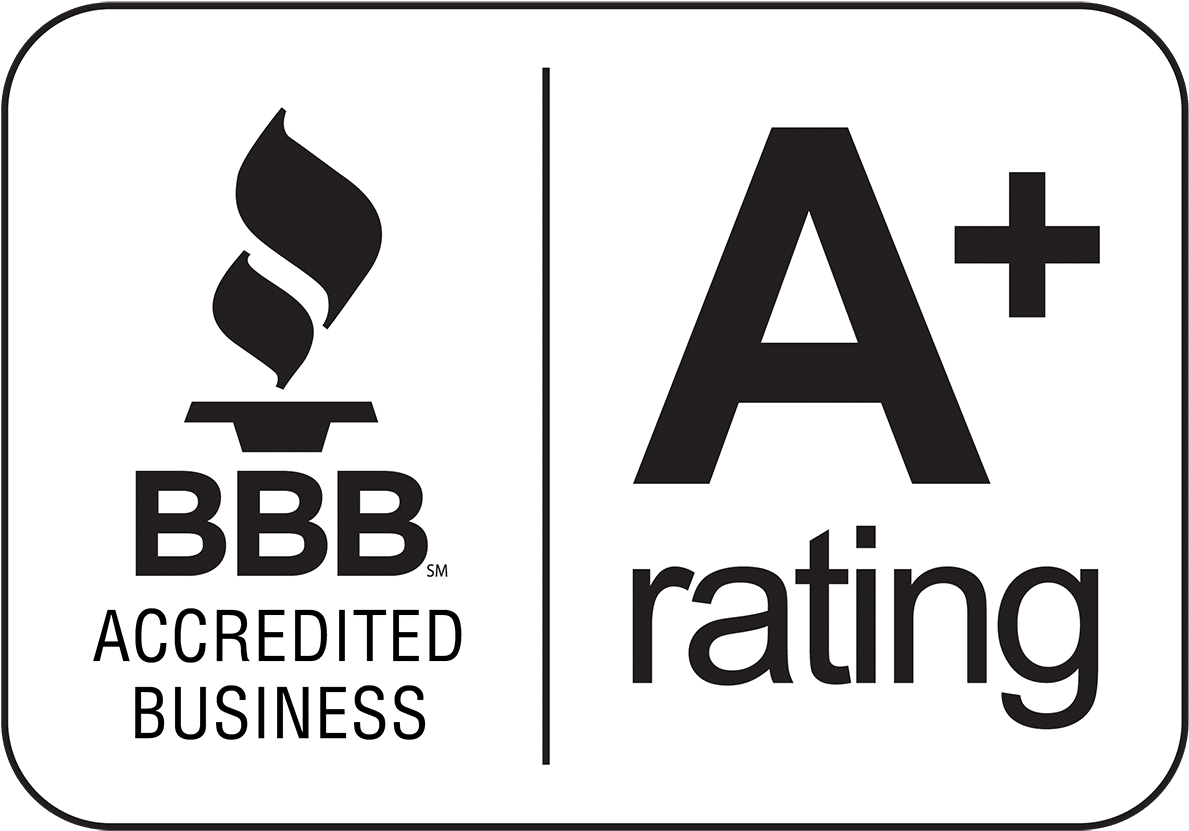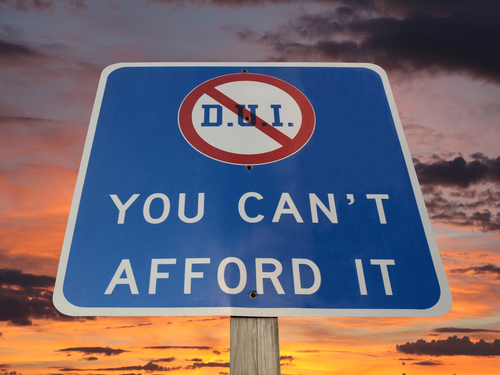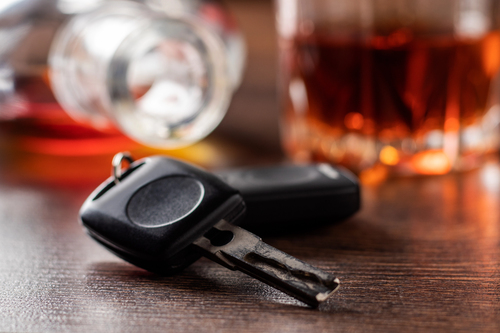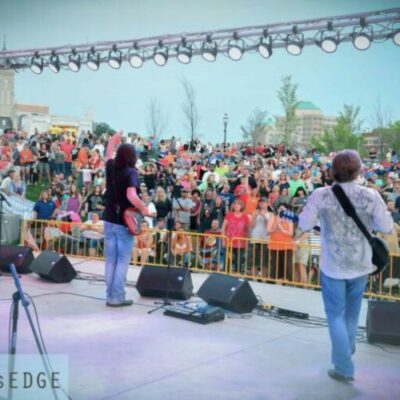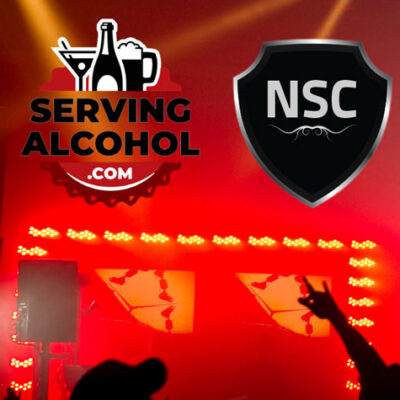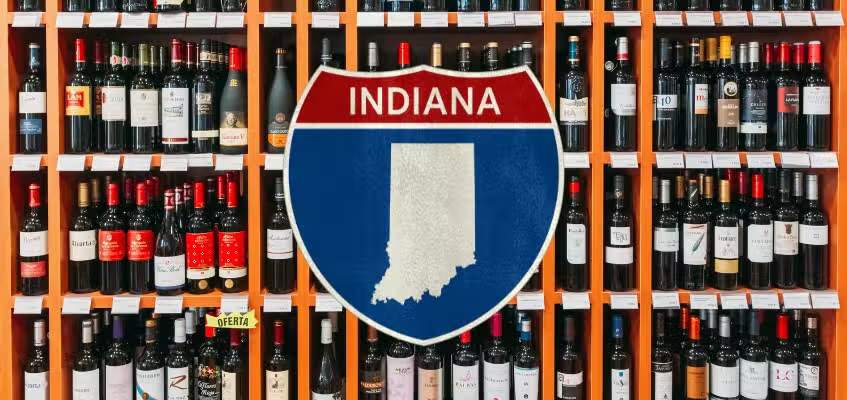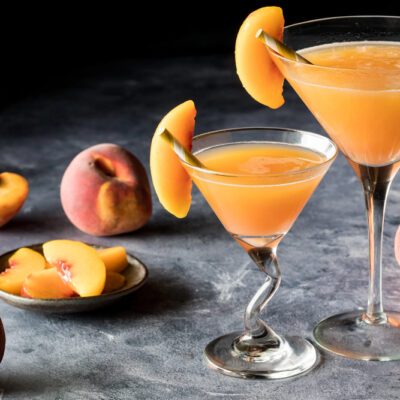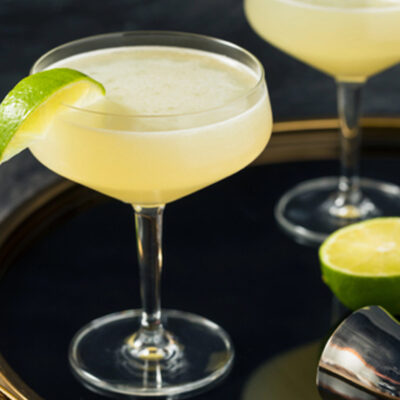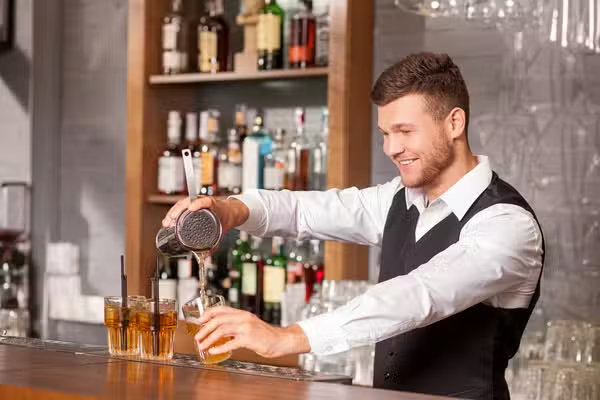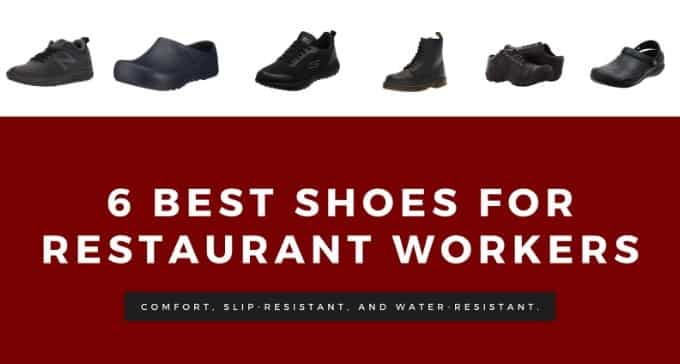Navigating Pennsylvania’s alcohol laws requires more than knowing the legal drinking age. From liability protections and server training to the wide range of liquor license types, here’s everything you need to stay compliant and protect your business or career in the Keystone State.
Age Requirements in Pennsylvania
- Minimum age to purchase/possess alcohol: 21
- Minimum age to serve or sell alcohol: 18
Servers and bartenders must also complete RAMP Server/Seller Training within six months of being hired to ensure legal compliance and safe service. Enroll in the state-approved course.
PA DUI Laws: What Servers and Licensees Must Know
Driving under the influence (DUI) is a serious offense in Pennsylvania, with strict penalties that can impact individuals and licensed businesses alike. Understanding DUI laws is essential for servers, bartenders, and license holders to recognize potential risks and prevent illegal alcohol-related behavior.
Legal Blood Alcohol Content (BAC) Limits in PA:
Key Implications for Alcohol Servers:
- It is illegal to serve alcohol to a person who is visibly intoxicated or to anyone who intends to drive while impaired.
- Establishments may be held civilly liable under Dram Shop laws if a patron is served while intoxicated and subsequently causes a DUI-related crash or injury.
- Servers should be trained to recognize signs of intoxication, slow down service, and suggest non-alcoholic alternatives or safe transportation options.
Penalties for DUI in Pennsylvania:
- PA DUI First Offense (0.08–0.099% BAC): Up to 6 months probation, $300 fine, mandatory alcohol highway safety school.
- PA DUI Higher BAC (0.10% or above): Increased penalties include license suspension, jail time, ignition interlock devices, and mandatory treatment programs.
- PA DUI Repeat Offenses: More severe consequences, including long-term license suspension, felony charges, and extended imprisonment.
Best Practices to Reduce DUI Liability:
- Encourage patrons to use designated drivers, rideshare apps, or taxi services.
- Post signage about DUI laws and the risks of drunk driving.
- Document incidents involving refused service due to intoxication.
PA DUI Chart
Download, insert, and attribute: https://thetravislawfirm.net/dui/dui-penalty-chart/
RAMP Server/Seller Training reinforces your responsibility to prevent impaired driving and reduce the risk of legal liability. Staying informed and proactive is key to keeping your patrons—and your license—safe.
A common question asked in Pennsylvania is, “Can I get a DUI while riding a horse?” The answer is no! However, you can be charged with a DUI while operating a horse-drawn vehicle. The law specifies that DUIs must occur on a “device,” and this also applies to bikes and boats.
Boating Laws Related to Alcohol (BUI) in Pennsylvania
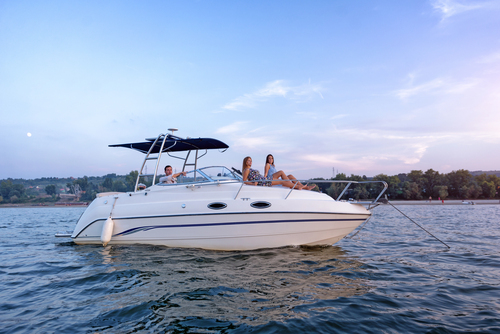
Pennsylvania law treats operating a boat under the influence—known as Boating Under the Influence (BUI)—very seriously. Here’s what servers, licensees, and boaters need to know:
Legal BAC Limits on the Water
Definition of BUI
- BUI applies to operating any motorized or unpowered watercraft, including canoes and kayaks, while impaired by alcohol and/or drugs
- It also covers cases where a drug or high alcohol level impairs your ability to safely control the vessel, regardless of specific BAC.
Penalty Tiers & Consequences
- Tier 1 (BAC < 0.10% or general impairment):
- 1st offense: probation up to 6 months, $300 fine
- 2nd: misdemeanor, ≥ 5 days jail, up to $2,500 fine
- 3rd: ≥10 days jail, up to $5,000 fine
- 1st offense: probation up to 6 months, $300 fine
- Tier 2 (BAC 0.10–0.16%):
- Tier 3 (BAC ≥ 0.16%):
- 1st: ≥ 72 hrs jail, $1,000–$5,000 fine
- 2nd: 90 days–5 yrs, $1,500–$10,000
- 3rd: ≥ 1 yr jail, $2,500–$10,000
- 1st: ≥ 72 hrs jail, $1,000–$5,000 fine
- Drug-related BUI carries comparable or greater penalties.
- With a minor onboard, BUI escalates to a 1st-degree misdemeanor, with stricter sentences and penalties.
Additional Consequences
- Conviction leads to boating privilege suspension—length varies by offense and refusal.
- Refusing chemical testing triggers a 12–18 month suspension, depending on prior offenses.
- Courts may mandate boating safety courses, community service, or ARD diversion programs.
Enhanced Patrols & Enforcement
- During summer, especially around holidays like July 4th, the PFBC’s “Operation Dry Water” increases enforcement and boating sobriety checkpoints.
- Waterways Conservation Officers (WCOs) conduct afloat field sobriety and breath tests, similar to DUI procedures.
Server & Licensee Considerations
- While not directly serving alcohol on boats, establishments near marinas or docks can reduce risk by encouraging safe boating habits:
- Promote designated operators, rideshare services, or sober companions before patrons leave.
- Post clear signage about BUI laws, penalties, and boating safety.
- Include boating awareness in RAMP Server/Seller Training so staff can responsibly advise patrons about alcohol on the water.
- Promote designated operators, rideshare services, or sober companions before patrons leave.
Dram Shop Laws in Pennsylvania
Pennsylvania’s Dram Shop Act (42 Pa. C.S.A. § 4-493/497) holds licensed establishments liable for injuries or damages caused by intoxicated patrons who were improperly served. Key takeaways:
- You may be sued if your business serves a visibly intoxicated person who later causes harm.
- Servers must recognize and intervene to prevent over-service.
Notable Pennsylvania Dram Shop Cases
Manning v. Andy (1973)
This case established that only licensed entities—not private individuals—can be held liable under the Dram Shop Act.
Klar v. Dairy Farmers (2023)
Clarified that while “gifting” alcohol doesn’t trigger liability for private citizens, it does when a licensee furnishes alcohol in any form. This case reaffirmed the importance of training and professional service.
Alcohol & Minors: Minor in Possession (MIP) Laws in Pennsylvania
Pennsylvania strictly prohibits alcohol possession, consumption, purchase, or transport by anyone under 21—regardless of intent to drink. These laws carry real consequences for minors and caution for licensees to prevent violations.
Overview of 18 Pa.C.S. § 6308 (MIP Law)
- Any person under 21 who purchases, consumes, possesses, or transports liquor or malt beverages commits a summary offense.
- Zero tolerance also applies to constructive possession—like being present where alcohol is accessible—even without drinking.
Penalties
- First offense: Up to $500 fine, possible up to 90 days in jail
- Second & subsequent: Fine up to $1,000, same maximum jail time
- Courts frequently offer pre-adjudication or diversionary programs instead of formal convictions, often including education or service.
Consequences Beyond Fines
- License suspension for 90 days on first offense; longer for repeat violations.
- Parental/guardian notification is mandatory if the minor is under 18
- Criminal record: Convictions appear on background checks; expungement may be possible after age 21 or with diversion
Serving Considerations for Licensees & Servers
- Never serve patrons under 21. Even holding a drink makes them liable.
- Ask for and verify ID every time—it’s the first line of defense.
- Include ID checking in RAMP training to reduce risk and liability.
- Document any ID refusals or underage service denials.
Summary Best Practices for Compliance
- Verify age consistently—no exceptions.
- Train staff to spot underage individuals and enforce policy.
- Post signage warning that underage possession is illegal.
- Implement refusal logs for ID checks and service denials.
Engage youth diversion efforts proactively, aware that they’re often available alternatives.
Pennsylvania strictly prohibits alcohol possession, consumption, purchase, or transport by anyone under 21—regardless of intent to drink. These laws carry real consequences for minors and caution for licensees to prevent violations.
Overview of 18 Pa.C.S. § 6308 (MIP Law)
- Any person under 21 who purchases, consumes, possesses, or transports liquor or malt beverages commits a summary offense.
- Zero tolerance also applies to constructive possession—like being present where alcohol is accessible—even without drinking.
Penalties
- First offense: Up to $500 fine, possible up to 90 days in jail
- Second & subsequent: Fine up to $1,000, same maximum jail time
- Courts frequently offer pre-adjudication or diversionary programs instead of formal convictions, often including education or service.
Consequences Beyond Fines
- License suspension for 90 days on first offense; longer for repeat violations.
- Parental/guardian notification is mandatory if the minor is under 18
- Criminal record: Convictions appear on background checks; expungement may be possible after age 21 or with diversion
Serving Considerations for Licensees & Servers
- Never serve patrons under 21. Even holding a drink makes them liable.
- Ask for and verify ID every time—it’s the first line of defense.
- Include ID checking in RAMP training to reduce risk and liability.
- Document any ID refusals or underage service denials.
Summary Best Practices for Compliance
- Verify age consistently—no exceptions.
- Train staff to spot underage individuals and enforce policy.
- Post signage warning that underage possession is illegal.
- Implement refusal logs for ID checks and service denials.
- Engage youth diversion efforts proactively, aware that they’re often available alternatives.
Happy Hour Laws in Pennsylvania
Pennsylvania regulates drink specials and promotions through specific happy hour laws to encourage responsible alcohol service and protect public safety. These rules apply to all discounted alcohol licensees, including bars, restaurants, hotels, and clubs.
Key Restrictions on Happy Hours:
- Maximum Duration: Happy hour promotions may not exceed four hours per day and fourteen hours per week per licensed location.
- Time Limits: All happy hour discounts must end by midnight.
- No Unlimited Drinks: Promotions such as “all-you-can-drink” or flat-fee open bars are prohibited unless they are held as a private event not open to the general public.
- Drink Discounts: Drink prices may be reduced during happy hour, but must remain posted and consistent throughout the entire promotion.
Required Posting and Notification:
- Licensees must clearly display the days and times of all happy hour promotions.
- Any changes to posted happy hour schedules must be made seven days in advance.
Other Promotional Guidelines:
- It is illegal to offer or advertise free alcoholic beverages as a sales incentive (e.g., “buy one, get one free”).
- Contests or games involving alcohol must comply with Pennsylvania Liquor Control Board (PLCB) regulations and avoid encouraging excessive consumption.
Why It Matters:
Noncompliance with happy hour laws can result in fines, license suspension, or revocation. Servers and managers should ensure all alcohol promotions are legal, documented, and responsibly managed.
Alcohol Delivery and Second-Party Sales
- Alcohol delivery laws require drivers to be trained in ID verification and alcohol handling.
- Second-party sales (e.g., an adult buying for a minor) are illegal and often go undetected without proper staff training.
Responsible Alcohol Management: The RAMP Program
The Pennsylvania Liquor Control Board (PLCB) oversees the Responsible Alcohol Management Program (RAMP), which includes five components:
- Owner/Manager Training
- Server/Seller Training
- New Employee Orientation
- Signage
- RAMP Certification Application in PLCB+
Training is valid for two years, and RAMP certification must be maintained by ensuring:
- At least 50% of staff are RAMP-trained.
- Orientation occurs within 30 days of hire.
- Signage is displayed correctly.
Liquor License Types in Pennsylvania
The PLCB regulates various license types that differ based on how and where alcohol is sold or served.
On-Premise Licenses
These allow consumption on-site:
- Restaurant (R) License: Beer, wine, liquor in full-service dining settings.
- Eating Place (E) License: Beer/malt beverage only.
- Hotel (H) License: For lodging with on-site bar service.
- Club (C) & Catering Club (CC): Member-only establishments.
Off-Premise Licenses
These allow for alcohol sales to-go:
- Distributor (D) License: Large quantity beer sales.
- Importing Distributor (ID) License: Wholesale-level sales.
Special Permits
- Sunday Sales Permit
- Wine Expanded Permit (WEP)
- Ready-to-Drink Cocktail Permit (RTDC)
- Amusement Permit (AP)
Some licenses are subject to county quotas (e.g., 1 R license per 3,000 residents).
Record Keeping & Signage Requirements
- New Employee Orientation must be documented and retained.
- Training Rosters must be updated and accessible.
- Signage warnings about underage service and intoxication laws must be clearly posted.
Get Certified Today
Complete your state-approved RAMP Server/Seller Training to stay compliant and protect your license. Learn more about full RAMP Certification via PLCB resources.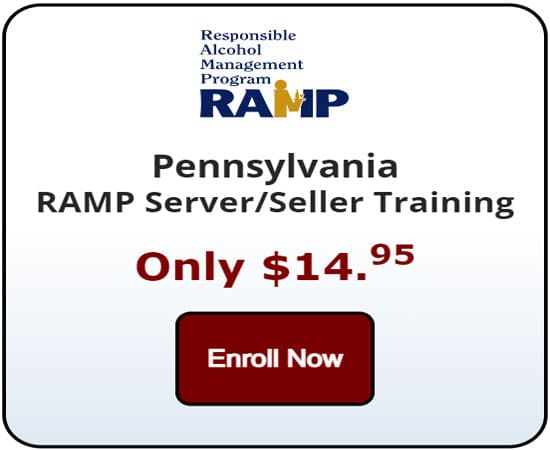
Established in 2007, Serving Alcohol supports businesses and professionals that sell and/or serve alcohol (or who need food safety training). Our responsible alcohol training and certification programs help businesses responsibly sell and/or serve alcohol on-site or to-go, ensuring compliance, safety, and professionalism in the service industry. We’re trusted by liability insurance carriers, and we currently serve more than 2,000 active business accounts around the United States. Our state-approved certifications are designed for businesses and their entire staff, and our cost-effective, compliant training products and services go beyond the industry standards. We’re a one-stop shop for training, staff/learner management, reporting, and certificate printing for business accounts. Visit our “Who We Serve” page to download our info sheet and to learn more about Serving Alcohol.

